Science, Technology and Society
The socially responsible application of science and technology
Introduction
Our lives and bodies are intertwined with science and technology. We depend on them to support how we live now and hope that new discoveries will improve our lives in the future. What can we do today, however, to bring about our ideal future?
Science, Technology and Society (STS) seeks to understand the challenges standing between the present we have and the future we want. Students explore the powerful social, ethical and political relationships that drive research and innovation, asking:
- What factors determine the trajectories of scientific research and technological development?
- Which research and development pathways have the greatest positive impact with the least harm, and who decides which pathways are taken?
- What strategies will influence decision-making to realize the best possible outcomes?
Using scenario analysis, simulations, and systems thinking, on teams and independently, students will learn methods to assess, design and influence the direction of scientific and technological change.
Because STS values interdisciplinary collaboration, we welcome students from all majors. If you have an interest in maximizing the societal benefits of scientific inquiry and technological innovation, you will be a valued member of our community.
Colloquium and Lecture Topics
- What are the grand challenges of our times?
- What drives technological change?
- How do we solve the scientific literacy problem?
- Why is thinking about race, gender and sexuality relevant to science and technology?
I felt a sense of belonging in the classroom that I could tell my instructors worked so hard to create. All of our perspectives and imaginative solutions to real problems were welcome. My Scholars program was a safe space where I learned so much about myself, my interests and the world.
Other Learning Opportunities
As an STS student, you’ll go on field trips that let you apply the techniques you learn in class to the real world. Sites include the National Institute of Standards and Technology, NASA Goddard Spaceflight Center, Baltimore Underground Science Space and the Smithsonian’s Innovation Hall.
Service opportunities are also embedded in the STS curriculum. As an STS student, you might volunteer for technical literacy workshops, participate in Regional Science Bowls, help out at Community Forklift and more.
STS features three rewarding practicum opportunities:
- Robotics service-learning program: Students explore innovative ways of encouraging STEM education in Prince George's County schools
- Infrastructure and Society: Students work with professional engineers on a service-learning project that assesses the safety and viability of infrastructure
- The Future of Science Communication: Students collaborate with scientists and laypeople to prototype ideas for communicating scientific and technical information.
STS's robotics service-learning program is always open to working with new partners. Please contact Tim Reedy if you are a school, community organization, or other entity interested in:
- Partnering with STS to provide Lego robotics education;
- Recruiting volunteers for science, fairs, career days or demonstrations; or
- Working with STS on grant proposals or research.
Curriculum Overview
The STS curriculum is designed as a thematic complement to your major that will fulfill many of your General Education requirements. Over the two-year program experience (four semesters), students will complete 3 credits of colloquium, a 3-credit practicum and a 3-credit capstone course.
The following table represents a typical two-year curriculum, but individual schedules may vary. Details about courses and requirements can be found on the STS Citation Checklist.
| SEMESTER | COURSES | CREDITS |
|---|---|---|
| Freshman Fall | Scholars Colloquium | 2 credits |
| Academic Writing | 3 credits | |
| 3–4 courses toward degree and major requirements (including possible supporting course) | 9–12 credits | |
| Freshman Spring | Scholars Colloquium | 1 credit |
| 3–4 courses toward degree and major requirements (including possible supporting course) | 9–12 credits | |
| Sophomore Fall | Scholars Practicum (can be taken in the fall or spring) | 3 credits |
| Scholars Capstone (can be taking in the fall or spring) | 3 credits | |
| 3–4 courses toward degree and major requirements (including possible supporting course) | 9–12 credits | |
| Sophomore Spring | Scholars Practicum (if not already taken in the fall) | 3 credits |
| Scholars Capstone (if not already taken in the fall) | 3 credits | |
| 3–4 courses toward degree and major requirements (including possible supporting course if not already completed) | 9–12 credits |
Sponsoring College
Residence Hall
Cambridge Hall
Faculty
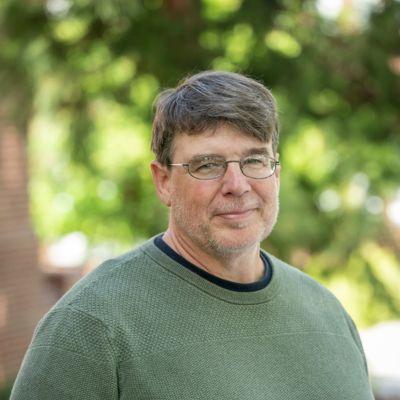
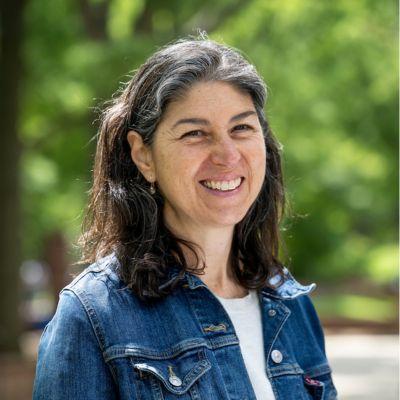
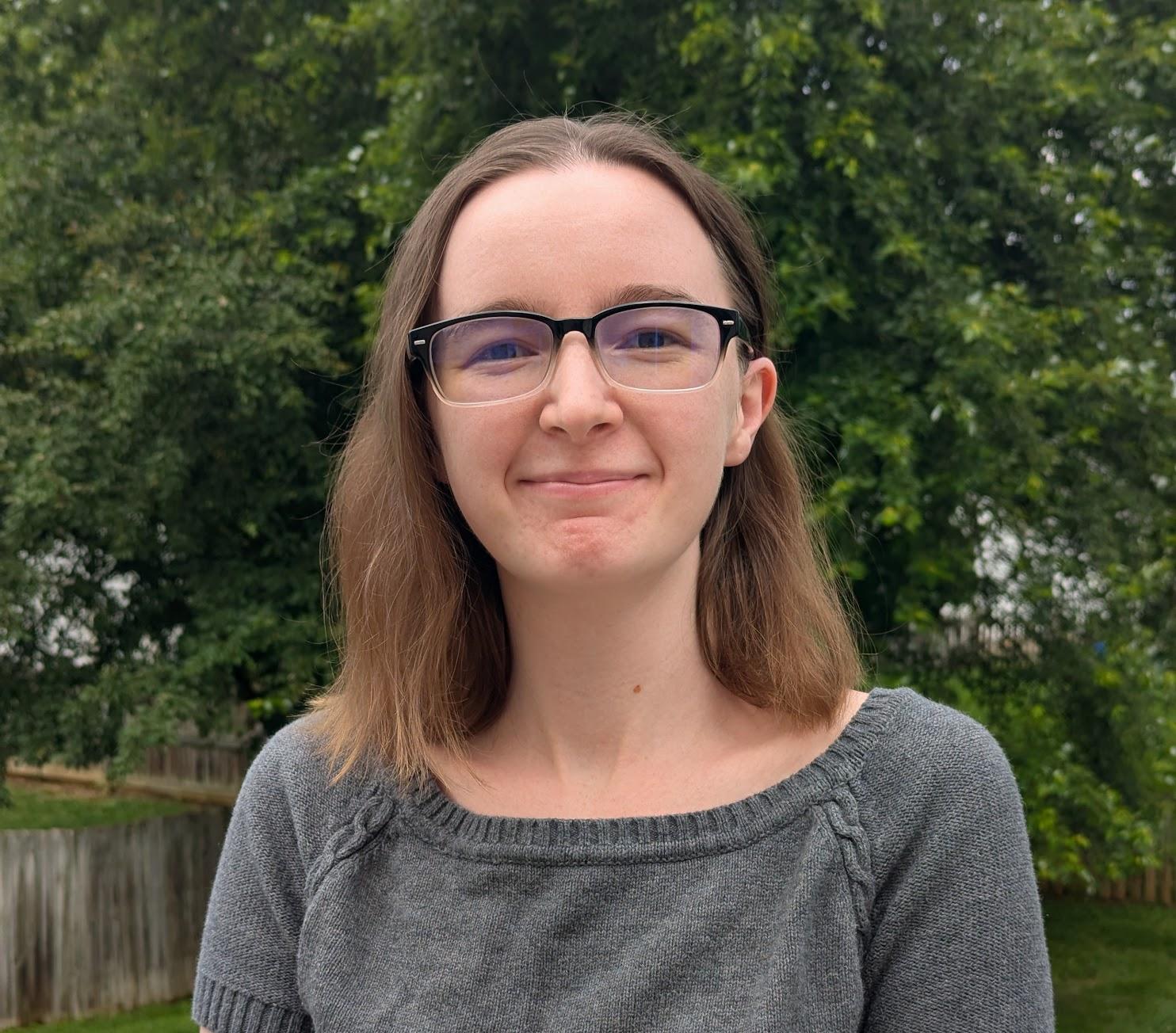
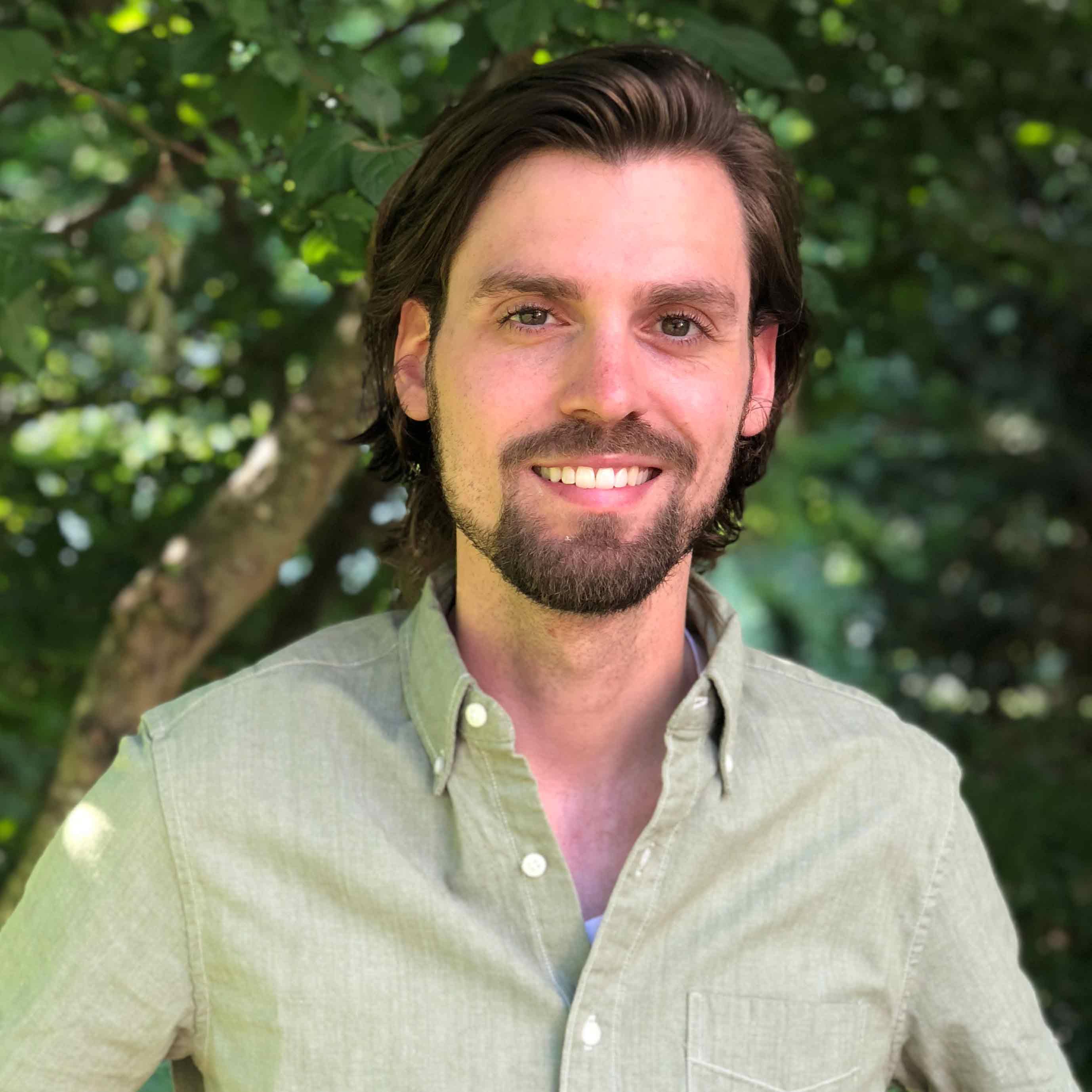
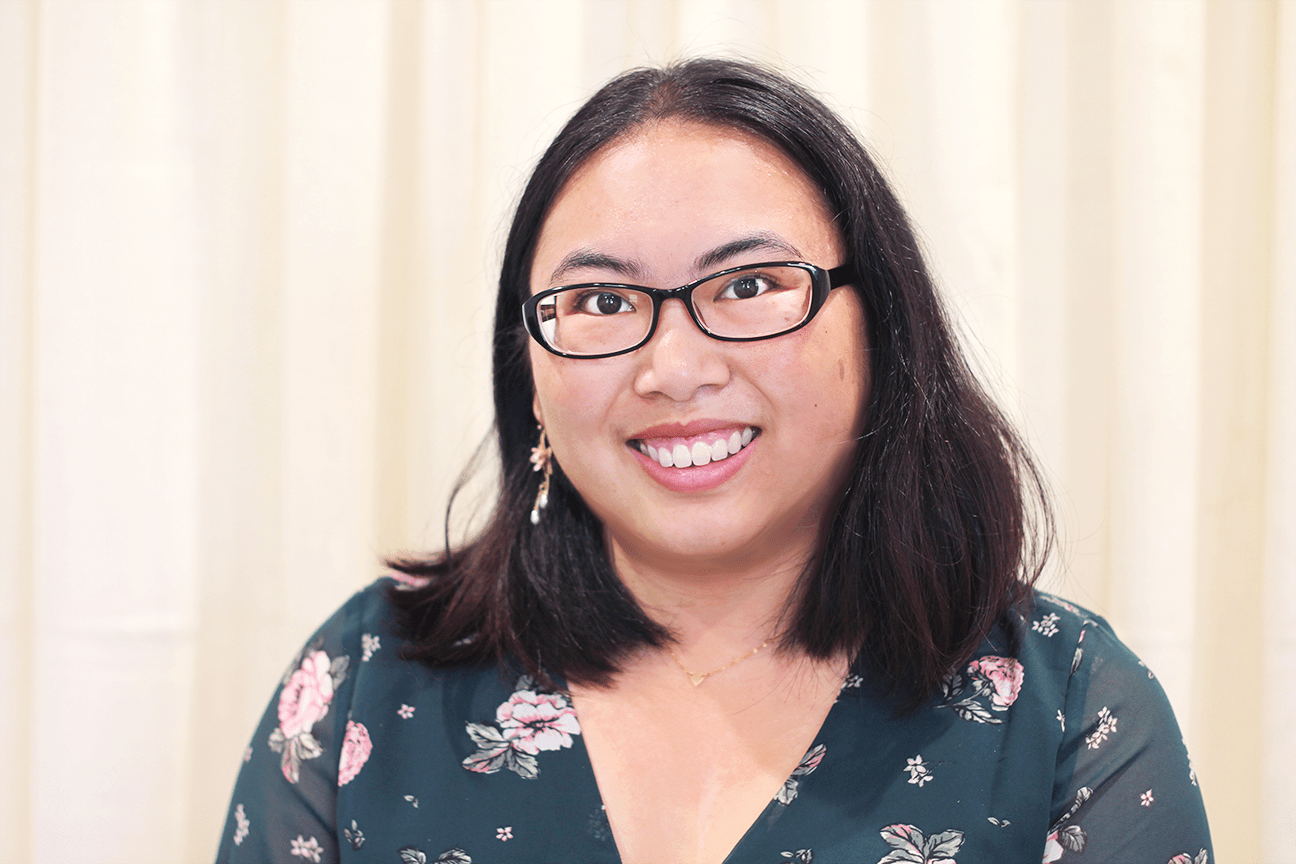
Christina Yang
Social Media Etc.
Stories Beneath the Shell: UMD and College Park Host First Technology Literacy Workshop since 2020, March 2022
Baltimore Sun: Experiential Learning in a Virtual World, February 2021
Science, Technology and Society News
Five Scholars Named 2024 Do Good Challenge Semi-Finalists
The Do Good Institute recently announced the selection of the 2024 Do Good Challenge semi-finalists. These student-led teams will compete for the opportunity to advance to the Do Good Challenge Finals on April 30 where they will present in front of a panel of expert judges and an audience of hundreds and vie for a share of more than $20,000 in prizes.Five of the 14 semifinalists are College Park Scholars. Congratulations to Ethan Adler (MSS), Sara Blau (IS), Mohammed Ndiaye (GPH), Srivishnu Piratla (IS), and Takiyah Roberts (STS).
Five Scholars Community Members Named Provost's Do Good Innovator Award Recipients
In partnership with the Office of the Provost, the Innovator Awards highlight the incredible members of our campus community who create, nurture, expand and amplify social impact throughout education, programs and research, both inside and outside the classroom. These dedicated Terps were nominated by their colleagues who recognized the broad and meaningful impact they create. Over the past academic year, members from the Do Good Campus Strategic Leadership Council reviewed nominations and selected their awardees, with some units opting to fund additional awards. Congratulations to:
Two Scholars Named 2024 Patty Grace Smith Fellows
HUNTSVILLE, Ala. - The Patti Grace Smith Fellowship recently announced the selection of 29 students to participate in its award-winning program that connects the United States’ leading aerospace companies with talented Black students.The Class of 2024 Fellows hail from 17 colleges and universities spread across 13 states and Puerto Rico. Each Fellow has earned a challenging summer aerospace internship, as well as a scholarship worth thousands of dollars, a pair of personalized mentors, and more.Two College Park Scholars were named recipients of the 2024 Fellowship:
Two More Programs Added to Scholars for 2024-25
COLLEGE PARK, MD. – College Park Scholars in Fall 2024 will add two programs to its roster of two-year living-learning experiences for academically talented students, but one will look and sound familiar.Data Justice will debut, and the University of Maryland’s CIVICUS program will relaunch with a new name: Civic Engagement for Social Good.The expansion will bring the number of Scholars programs to a record of 13 and provide 150 additional first-year students with the opportunity to begin their college journeys as members of an intellectually rich and socially vibrant Scholars community.
Scholars Celebrates Citation and Founders Circle Award Winners at Annual Ceremony
When the Citation class of 2023 entered the University of Maryland, they were already adjusting to a rapidly changing world being constantly reshaped by the Covid-19 global pandemic. One thing that didn’t change – their commitment to excellence in the classroom. All who successfully completed the requirements of their respective Scholars program received their official Scholars citation. But there were some that went above and beyond the expectations, leaving a lasting impact on the community.

